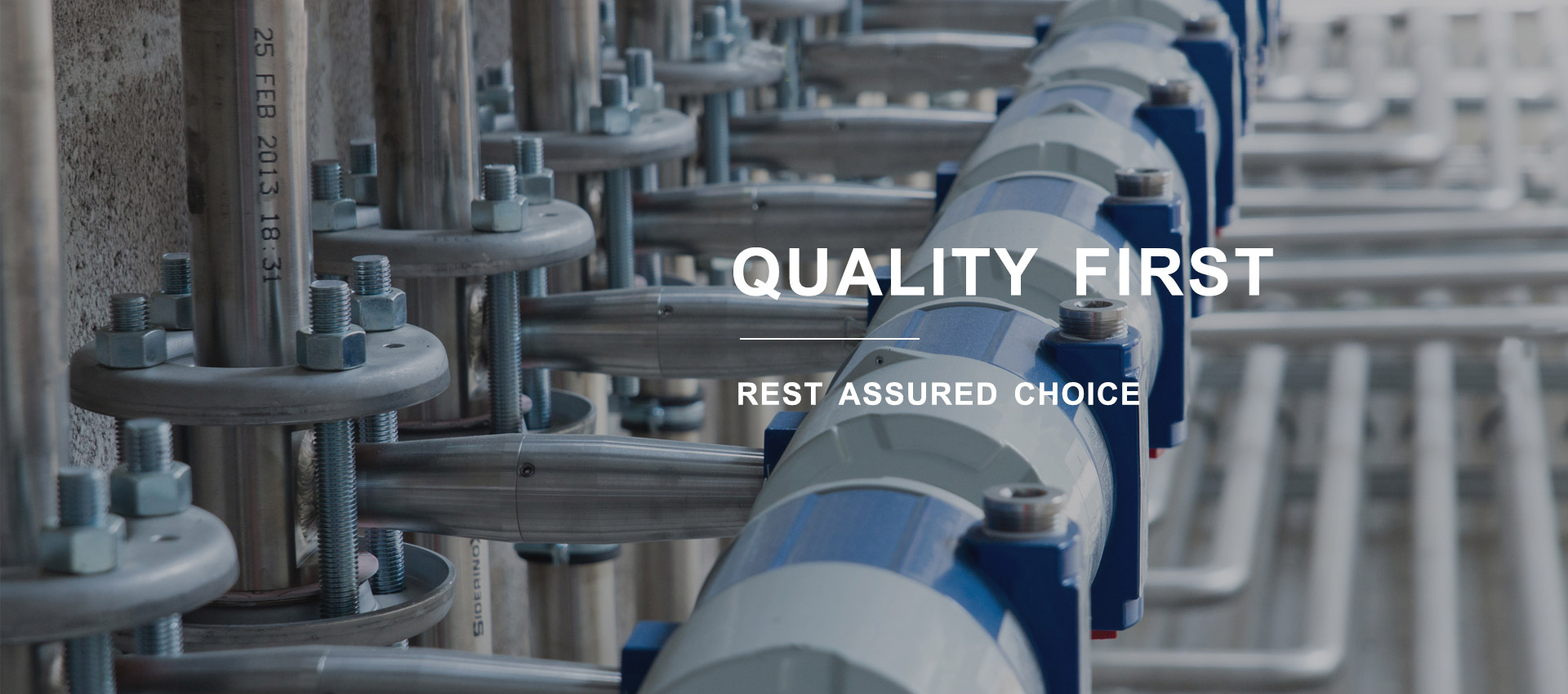júl . 27, 2024 11:04 Back to list
Exploring the Uses and Benefits of M10 Carriage Bolts in Various Applications and Projects
Understanding M10 Carriage Bolts Specifications, Applications, and Advantages
Carriage bolts are a versatile fastening solution commonly used in various construction and woodworking projects. Among the various types, the M10 carriage bolt stands out due to its specific size and characteristics, making it suitable for a wide range of applications. In this article, we will explore the specifications, applications, and advantages of using M10 carriage bolts in various projects.
Specifications of M10 Carriage Bolts
The M in M10 denotes that it is a metric-sized bolt, with a nominal diameter of 10 millimeters. Carriage bolts are distinguished by their rounded heads and square necks, which help to prevent the bolt from turning once it is installed. The head is designed for use with a wrench or socket, making it easy to tighten or loosen.
Typically, M10 carriage bolts come in various lengths, allowing for flexibility depending on the application. The standard thread pitch is 1.5 mm, but variations may exist depending on manufacturer specifications. Common materials used for manufacturing M10 carriage bolts include carbon steel, stainless steel, and galvanized steel, each offering different levels of corrosion resistance and durability.
Applications of M10 Carriage Bolts
M10 carriage bolts are utilized in a myriad of applications, both in construction and general assembly. One of their primary uses is in securing wooden beams, particularly in the construction of decks, fences, and furniture. The square neck design of the carriage bolt helps to anchor the bolt tightly to the wood, preventing it from loosening over time.
In the metalworking industry, M10 carriage bolts are often used to fasten metal components together, especially where a smooth finish is desirable. Additionally, they are ideal for use in outdoor applications due to their robust design and wide size options—making them a preferred choice for securing playground equipment, outdoor furniture, and other structures subjected to the elements.
m10 carriage bolt

Carriage bolts are also commonly found in machinery, automotive assemblies, and even in the construction of electronic devices where a strong, secure fastening is essential. Their rounded heads can provide a finished look, making them suitable for aesthetic applications where hardware is visible.
Advantages of Using M10 Carriage Bolts
One of the primary advantages of using M10 carriage bolts is their ease of installation. The square neck helps to prevent the bolt from turning during installation, allowing for a straightforward fastening process. This feature makes them particularly useful for projects where space is limited, and the use of a wrench might be challenging.
Moreover, M10 carriage bolts distribute load evenly across the surface they are fastened to, reducing the risk of splitting in wood applications. This makes them an ideal choice for securing multiple pieces together without compromising integrity.
Durability is another key advantage. Depending on the material chosen, M10 carriage bolts can withstand various environmental factors, including moisture, oxidation, and temperature changes. Stainless steel options are especially desirable for outdoor applications, as they offer excellent corrosion resistance.
Lastly, M10 carriage bolts can be purchased at a relatively low cost, making them budget-friendly for both DIY enthusiasts and professional contractors. Their availability means that they can be sourced from various suppliers without difficulty, ensuring that projects can proceed smoothly without delays in sourcing materials.
Conclusion
In summary, M10 carriage bolts serve as a reliable and versatile fastening solution suitable for various applications. Their specific characteristics, including ease of installation, load distribution capability, and durability, make them a preferred choice in both construction and woodworking projects. By understanding their specifications and advantages, one can make informed decisions that enhance the quality and longevity of any assembly or construction project.
-
The Ubiquitous Reach of DIN934 in Application Realms
NewsMay.16,2025
-
Exploring Different Bolt Types
NewsMay.16,2025
-
Cracking the Code of Sleeve Anchor Mastery
NewsMay.16,2025
-
Clamp Design Principles,Types and Innovations
NewsMay.16,2025
-
Artistry Inspired by the Humble Anchor Bolt
NewsMay.16,2025
-
A Deep Dive into Screw Types
NewsMay.16,2025


